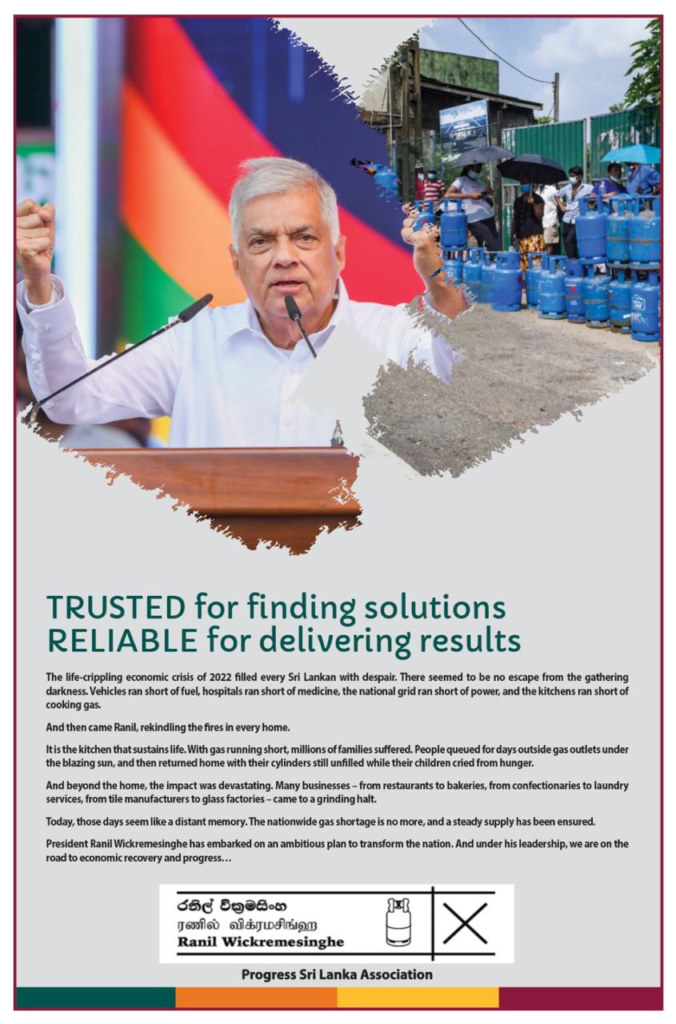New Economic Laws Set the Stage for Sri Lanka’s Stability and Growth:Minister Bandula Gunawardena
September 11, Colombo (LNW): In a significant turnaround from a severe economic crisis, Sri Lanka has made strides in stabilizing its economy under the leadership of President Ranil Wickremasinghe. Inflation, which once soared to 70%, has now been reduced to single digits, signaling a positive shift.
The country’s borrowing costs have fallen, economic growth has exceeded expectations, and debt restructuring efforts have unlocked additional funding from international lenders like the IMF.
Minister of Transport, Highways, and Mass Media, Dr. Bandula Gunawardena, credited much of this progress to the new Economic Transformation Bill, passed unanimously in parliament. This law sets development targets and aims to prevent future economic crises by promoting national growth through public and private initiatives.
The legislation focuses on modernizing key sectors, such as agriculture, while pushing for Sri Lanka to become a competitive, export-oriented digital economy.
The bill introduces a national policy framework, supported by new institutions like the Economic Commission of Sri Lanka, Investment Zones, and the National Productivity Commission.
These bodies aim to implement structural changes to enhance the country’s economic competitiveness. Additionally, outdated laws, such as the Board of Investment Law of 1978, have been repealed to make way for these reforms.
Key goals outlined in the bill include achieving net-zero emissions by 2050, increasing female labor force participation to 50% by 2040, and maintaining a GDP growth rate of 5% annually until 2027, with an 8% growth target for the following 15 years. The government also plans to boost exports to 25% of GDP by 2025 and 60% by 2040.
Other objectives include lowering the unemployment rate to below 5% by 2025 and reducing the central government’s financing needs to less than 13% of GDP by 2032. The plan further targets increasing net Foreign Direct Investment (FDI) to 5% of GDP by 2030, with a significant portion of GDP driven by exports.
Additionally, new financial laws, such as the Public Financial Management Act and the Public Debt Management Act, are part of ongoing reforms aimed at increasing transparency and accountability in Sri Lanka’s fiscal policies. These reforms align with the International Monetary Fund (IMF) program to improve the country’s financial accountability and stability.
Dr. Gunawardena emphasized that these legislative changes are crucial for Sri Lanka’s long-term success and are designed to remain effective even under future administrations. He further stressed that any political party seeking power must clarify its stance on these reforms.




